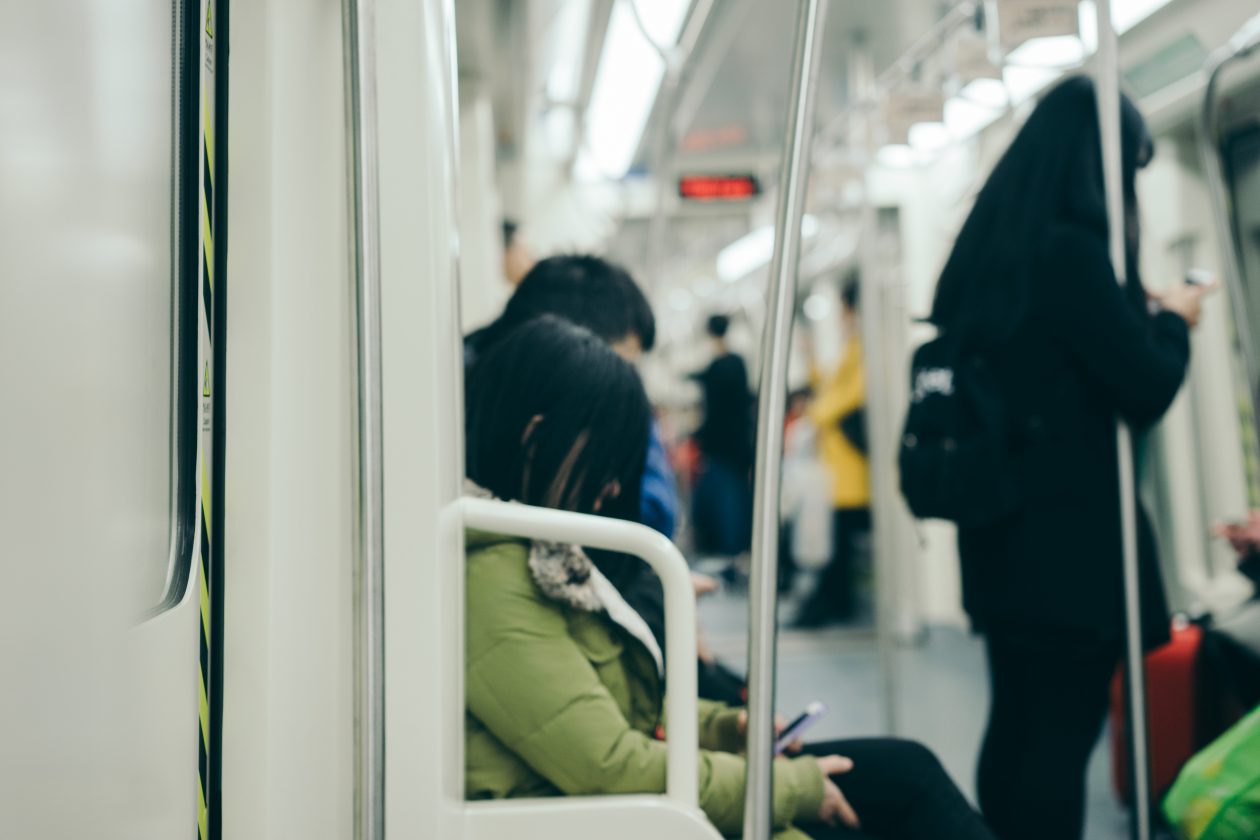Public transportation operators in three major Chinese cities — Beijing, Chengdu and Suzhou — are now accepting digital yuan payments, expanding e-CNY’s uses.
Chengdu, the capital of Sichuan Province, was first to announce the news, and has become the first Chinese city to accept digital yuan payments across its entire public transportation system, including all buses and subway lines.
Following Chengdu’s announcement, authorities in Beijing said today that e-CNY payments would be accepted on the city’s subway network.
Suzhou authorities announced that each station on a newly opened subway line had started to support digital yuan payments.
“The transportation system adaptation is a key step in the pilot operation phase of the digital RMB,” said Zhaosheng Jiang, director of the Blockchain Research Center for 01 Finance, a Beijing-based fintech think tank, referring to e-CNY. “It further expands the scope of the use of the digital RMB.”
Jiang also told Forkast.News that subways’ underground locations might affect mobile phone signals and WiFi networks, but that e-CNY’s offline payment function would enable payment regardless.
“[The use of e-CNY in] public transportation systems means that the digital yuan is not only about shopping,” said Yassine Regragui, a former Alipay executive who has worked in China, now a fintech expert based in Paris, citing large-scale free digital yuan giveaways in big cities. “Now it is more for the general public. This is a big step and another level of experimentation.” Regragui told Forkast.News.
Some 16 million people in Chengdu have downloaded an app named Tianfutong to pay for local transportation in the same way as a card, according to local media reports. Using the app, they are able to choose digital yuan payment options alongside Alipay, WeChat Pay and other bank payment systems to buy tickets for 12 subway lines and 10,350 public buses.
In Beijing, all 24 subway lines and four suburban railway lines started to accept e-RMB payment from today, according to communist party mouthpiece People’s Daily.
Currently, the service is available only to individuals who have downloaded a digital yuan wallet app from Industrial and Commercial Bank of China.
In Suzhou, individuals who have an e-CNY wallet app on their mobile phones are now able to use digital yuan to pay for tickets on the city’s newly opened subway line 5, local authorities wrote on Weibo.
“It shows that maybe later they will not only have public transportation, like bus and subway, but also probably trains and airplanes, so it might be just the first step into … public transportation … and it is a step forward to stand independent from Alipay and Wechat Pay,” Regragui said.
The rapid development of China’s central bank digital currency project has caught neighboring countries’ attention. Toshihide Endo, a former commissioner at Japan’s finance sector regulator, said China’s CBDC project would be hard for other nations to ignore, and that Japan and other advanced nations would face the question of how quickly to follow, according to a Reuters report.
Jiang said he thought e-CNY would further expand e-CNY’s uses in people’s daily lives and that it would be used for cross-border payments in the future.
“On the one hand, the Beijing Winter Olympic Games will have many application scenarios related to digital RMB cross-border business,” Jiang said. “On the other hand, the People’s Bank of China and the Hong Kong Monetary Authority have conducted technical tests on the cross-border use of digital RMB. In the future, the application of digital RMB in cross-border trade is worth looking forward to.”

